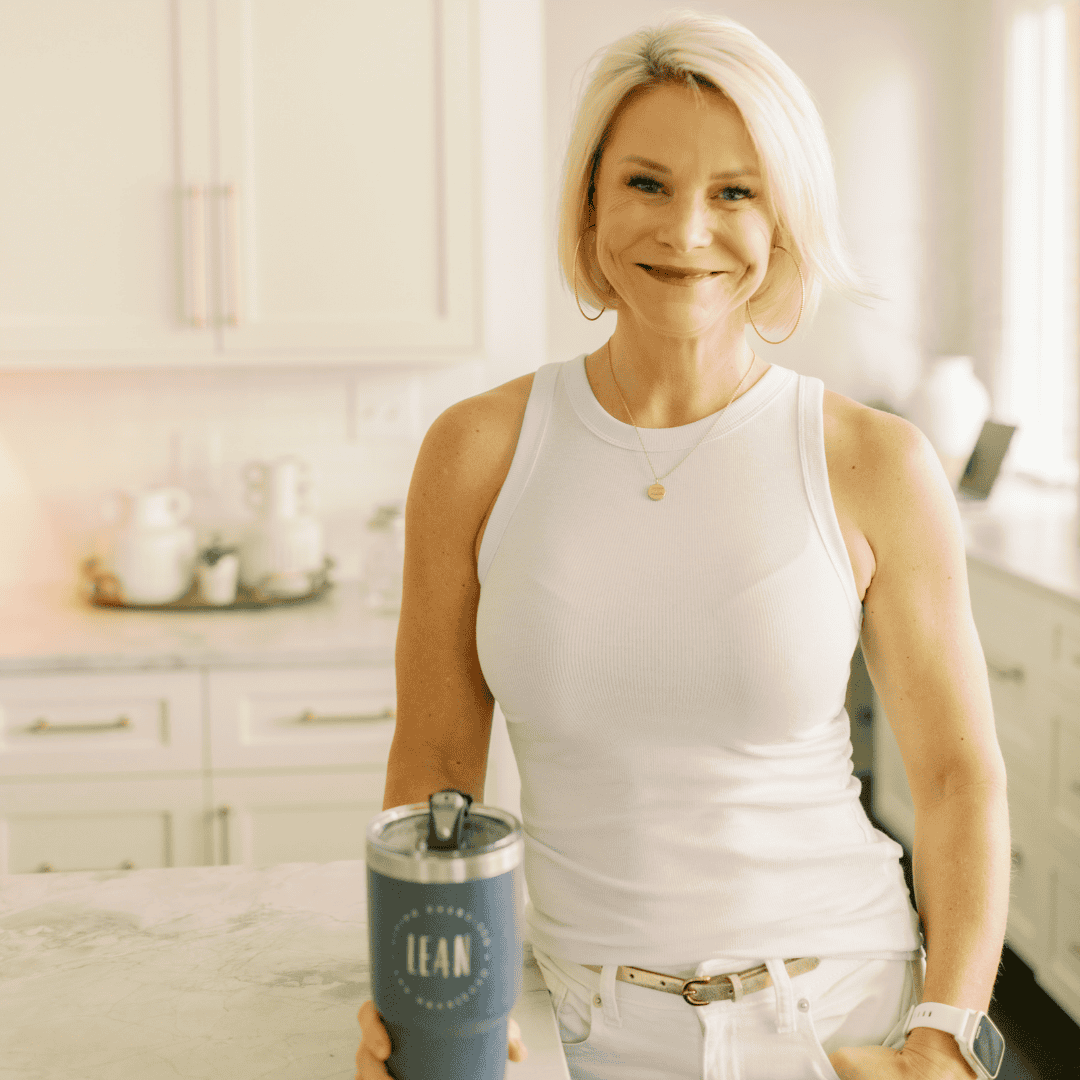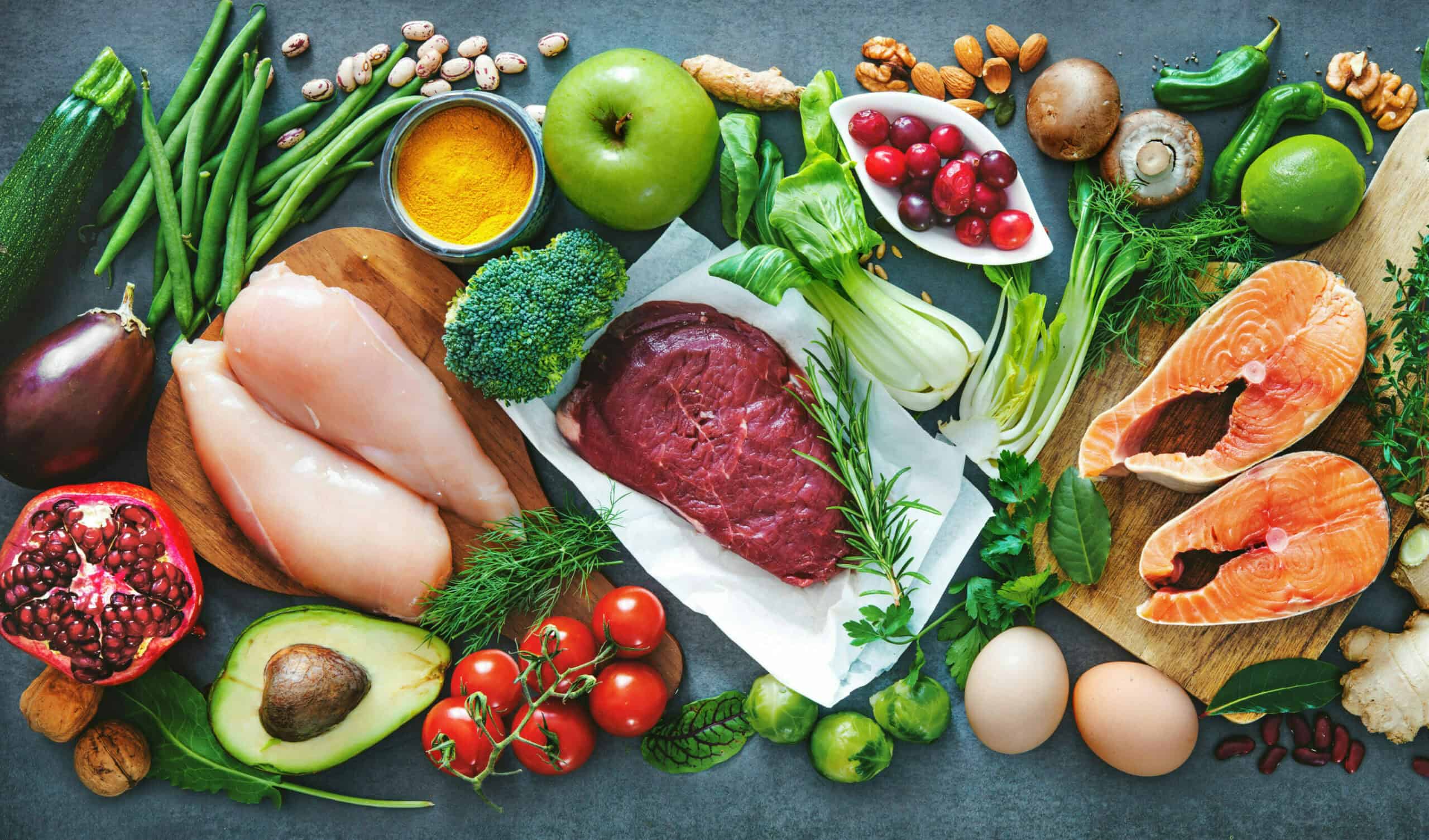What if I told you losing weight didn’t have to cost you loads of money on supplements and health programs.
What if the easiest way to lose weight was actually in your house at this very moment, waiting for you to take it.
All you have to do is grab a cup, walk over to the refrigerator, and pour yourself the biggest glass of water that you can.
I’m talking about the powerful effects of hydration! It is a critical component to losing weight, staying healthy, and keeping that body in tip-top shape. And guess what? It’s a hell of a lot easier than most people think.
So pour yourself a glass and let’s dive into this discussion about water and weight loss.
What Happens if You Don’t Drink Enough Water?
Nearly 60% of your body is made up of water—some parts contain more, some less. For example, your brain and heart are composed of 73% water, and your lungs are about 83% water. Even your bones, which seem dense and dry, are in fact, composed of 31% water.
Each day, we lose up to three liters of water through our sweat, urine, and bowel movements. Even breathing slowly dehydrates us. A dehydrated brain and body have to work harder to accomplish the same amount as a normal brain and body. Our brains and cells even temporarily shrink in size when we lack water.
Increased dehydration can cause notable drops in energy, mood, skin moisture, and blood pressure, as well as your cognitive abilities. When dehydrated, your joints and muscles become rigid, tense, and crampy. Your heart, muscles, and the entire cardiovascular system have to work harder to complete simple daily duties like walk around the house or do your work.
5 Tell-Tale Symptoms of Dehydration
Your body may be dehydrated right now. In fact, it’s likely—75% of Americans are chronically dehydrated. See if you notice any of these symptoms in yourself right now:
- Dizziness: Dehydration causes your blood pressure to drop and keeps your brain from getting enough oxygen, which leads to that lightheaded feeling.
- Tired: Dehydration can make you feel tired even when you’re rested. Fatigue, lethargy, and shakiness are associated with low blood pressure from dehydration.
- Dry mouth, lips, and eyes: When your overall body fluid levels drop, the parts of your body that need to remain moist in order to function properly can become dry and irritated.
- Thirsty: Your brain does its best to ask for water when your body needs it. If you respond by drinking a glass of water, your brain will send a little thank you in the form of the good-feeling molecule called dopamine.
- Cravings: A lack of fluid can make it hard for your organs to release glucose to make energy. If your body doesn’t get the water it needs, it may ask for sugar to make energy instead. Sugar, caffeine, and salt are common cravings you’ll experience if dehydrated.
So, How Much Water Do You Need Daily?
Ready to join the 25% of healthily hydrated people in our country?
On a day-to-day basis, maintaining a well-hydrated system is easy to manage for those of us fortunate enough to have access to clean drinking water.
You may have heard of the 8×8 rule: “drink eight 8-oz glasses of water a day.” While this is a good minimum, this rule around water has more recently been fine-tuned. Now, we understand that the amount of water we need to drink depends on our weight and our environment.
In mild temperatures and environments, your body needs about 0.5 to 1 oz of water per pound of body weight. During hot summer months or if you’re exercising for several hours, you should add about a liter to what you normally drink a day.
What Happens to Your Body When You Properly Hydrate?
When you give yourself enough water, your cells and systems start to rehydrate. Like fuel in an engine, our bodies can run properly when our water is replenished. Getting enough water will make a massive difference in how you’ll feel, think, and function every day. Here are a few benefits you can look forward to at the bottom of the glass.
- Cushion and lubricates the joints.
- Regulates body temperature.
- Nourishes the brain and spinal cord.
- Promotes brain function and boosts energy levels.
- Improves and aids cardiovascular health and promotes weight loss.
- Wards of cravings.
Optimal hydration is also linked to many long-term benefits. Scientists are discovering how drinking enough water can lower the chance of stroke, help manage diabetes, and even potentially reduce the risk of certain types of cancer.
How to Stay Hydrated: 5 Tips to Increase your Sips
Water is the healthiest hydrator, so how can you make sure you get enough each day? Here are five tips that can increase water intake:
1. Buy your favorite water bottle.
Water has so many short and long-term benefits, it’s worth the investment. Whether your dream water bottle is tall and made of glass, can infuse your water with berries and mint, or comes with a straw, pick the one that will make you want to use it.
2. Set alarms and reminders.
If you’re trying to increase your water intake, you’ll be setting a new habit. But in the midst of work and daily errands, drinking water can easily slip from our minds. Set alarms every half hour to grab your water bottle and take a few gulps.
Try a water-drinking app, like Aqualert, that will send you reminders throughout the day. Or download Plant Nanny, where your water intake will affect how well your plant grows—every time you drink a cup of water, your plant gets a cup too.
3. Add some flavor.
Don’t diss the water because of its plain taste. If water is too boring for you, flavor it up! Add a big squeeze of citrus. Make your own spa water with sliced cucumbers and mint, or stir in a healthy flavor booster that’s full of electrolytes.
4. Get ahead in the morning.
While water is the best hydrator, other fluids like coffee, tea, and even food can provide our bodies with some hydration. That sleepy feeling we have in the morning might be crying out for water as an energy booster rather than coffee.
If you dive straight into your morning cup of joe before drinking water, it may shut off your brain’s request for water after 8 hours of sleep. Instead, hydrate before you caffeinate, and replenish your fluids the best way with a large glass of water first thing in the morning.
5. Add water to each meal.
Make sure that when you do sit down to replenish your food stores you’re also rehydrating your body. Every breakfast, lunch, and dinner, pour yourself one or two glasses of water. Adding water to your meals will help you feel full and more satisfied, plus it will help you digest and process your food easier.
Bottoms Up!
Feeling inspired to drink more water? We’ll keep the hydration articles flowing this month. Make sure you don’t miss them by signing up for my weekly newsletter.
If you’re done putting off your health goals and are ready to start seeing results, it’s time to join the LEAN program. You’ll learn more about the best hydration, nutrition, and exercise tactics that really make a difference in how you look, feel, and function for the rest of your life.





